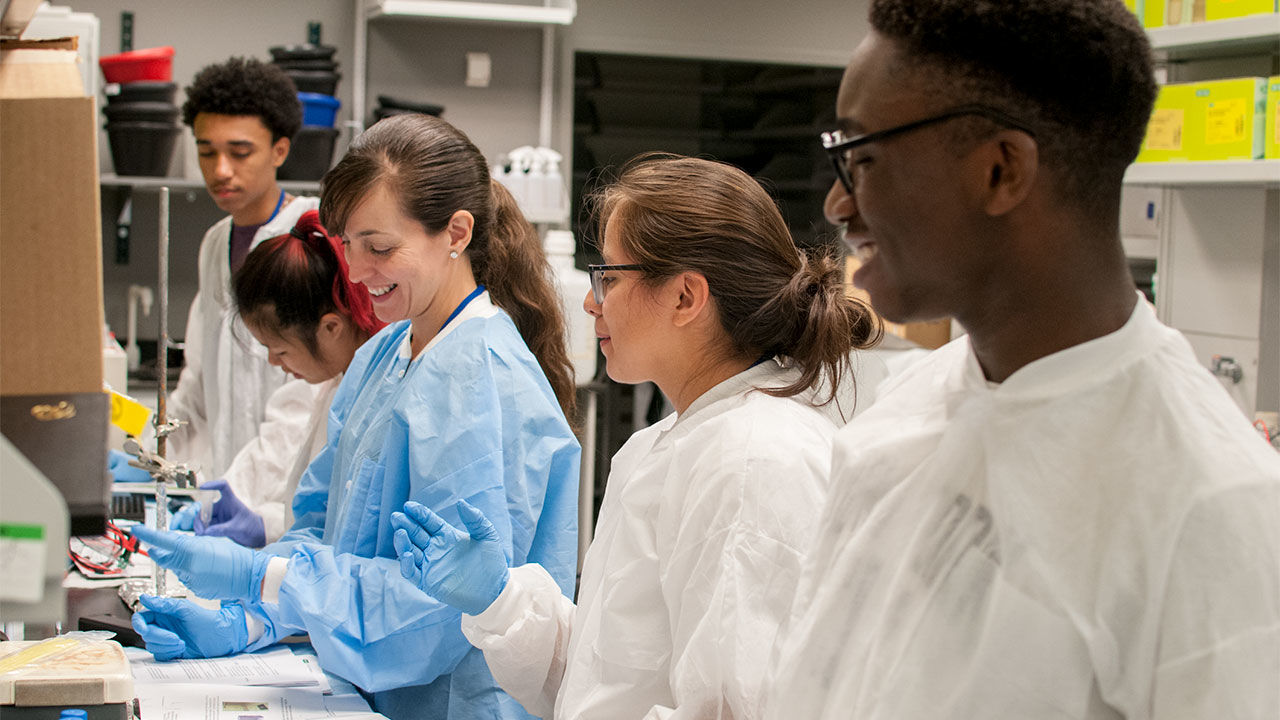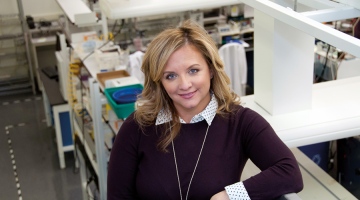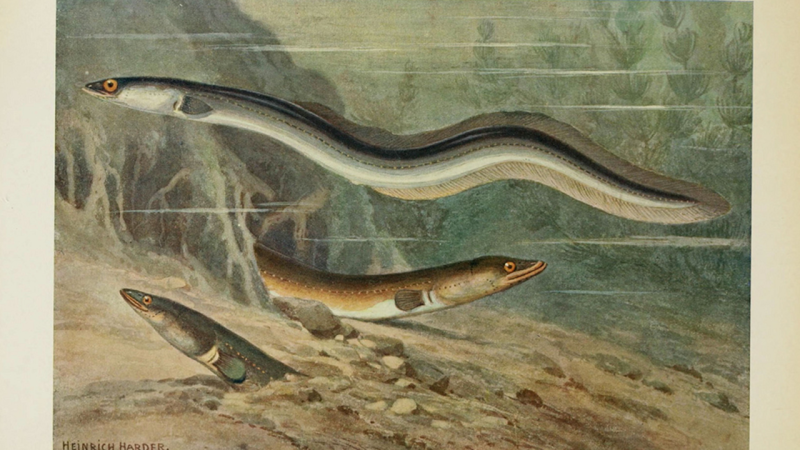Why It Might Be a Good Time to Start a Career in Science
The author of a new study of biomedical funding explains why he’s optimistic about young scientists’ futures.

Send us a link
The author of a new study of biomedical funding explains why he’s optimistic about young scientists’ futures.

Exploring the diverse pathways traveled by science, engineering, and health doctorates as they progress through their careers.
Is it reasonable to employ the ResearchGate Score as evidence of scholarly reputation?
Is there an alternative to the standard academic career path that would actually make research work better?
Independent professionals advance science in ways faculty-run labs cannot, and such positions keep talented people in research, argues Steven Hyman.

One in three scholars in field ‘deeply concerned’ about future research career prospects

The science and engineering workforce has aged rapidly, both absolutely and relative to the workforce, which is a concern if the large number of older scientists crowds out younger scientists.
The work force is aging in the United States, and scientists are leading the way. From 1993 to 2008, the share of scientists aged 55 and older increased by nearly 90 percent.
You might see science as splashy headlines and a barrage of new results—but in the background are people with emotions and ambitions, politics, and a system that promotes publishing novel findings above all. A new paper on eel navigation highlights some of these systemic troubles.

A message from eLife early career group made up of graduate students, post docs, and junior group leaders of the eLife early-career advisory board.

A new Council of Graduate Schools report that highlights the lack of career development support at many institutions also offers some useful resources.

Baby boomers and retirement policies are contributing to overall aging, and the trend is likely to continue.

Starting a family has less influence than before on the pursuit of an academic career for researchers.
